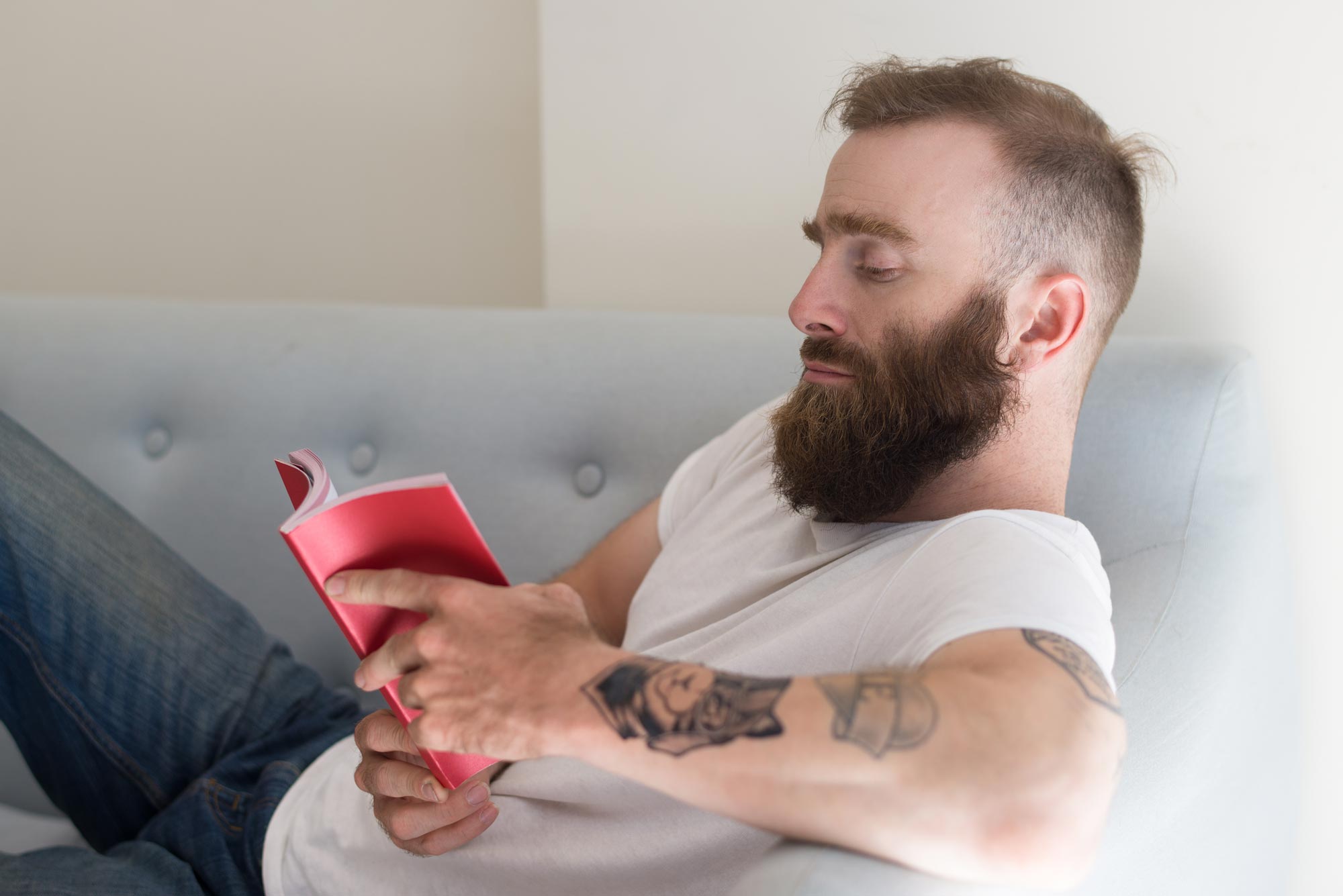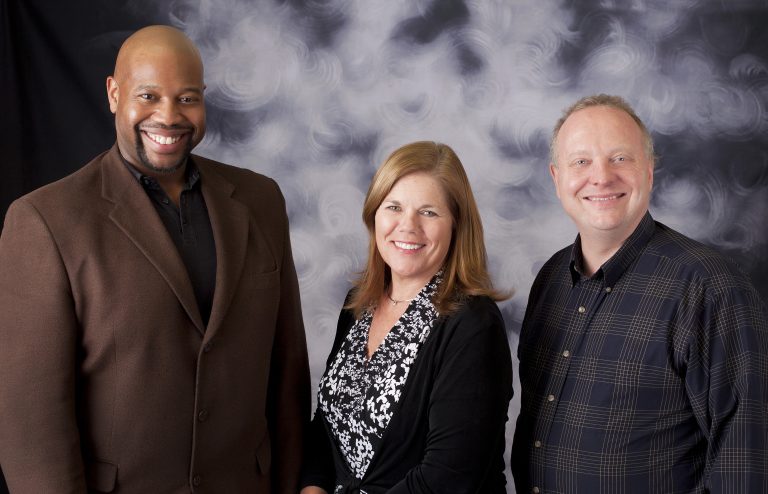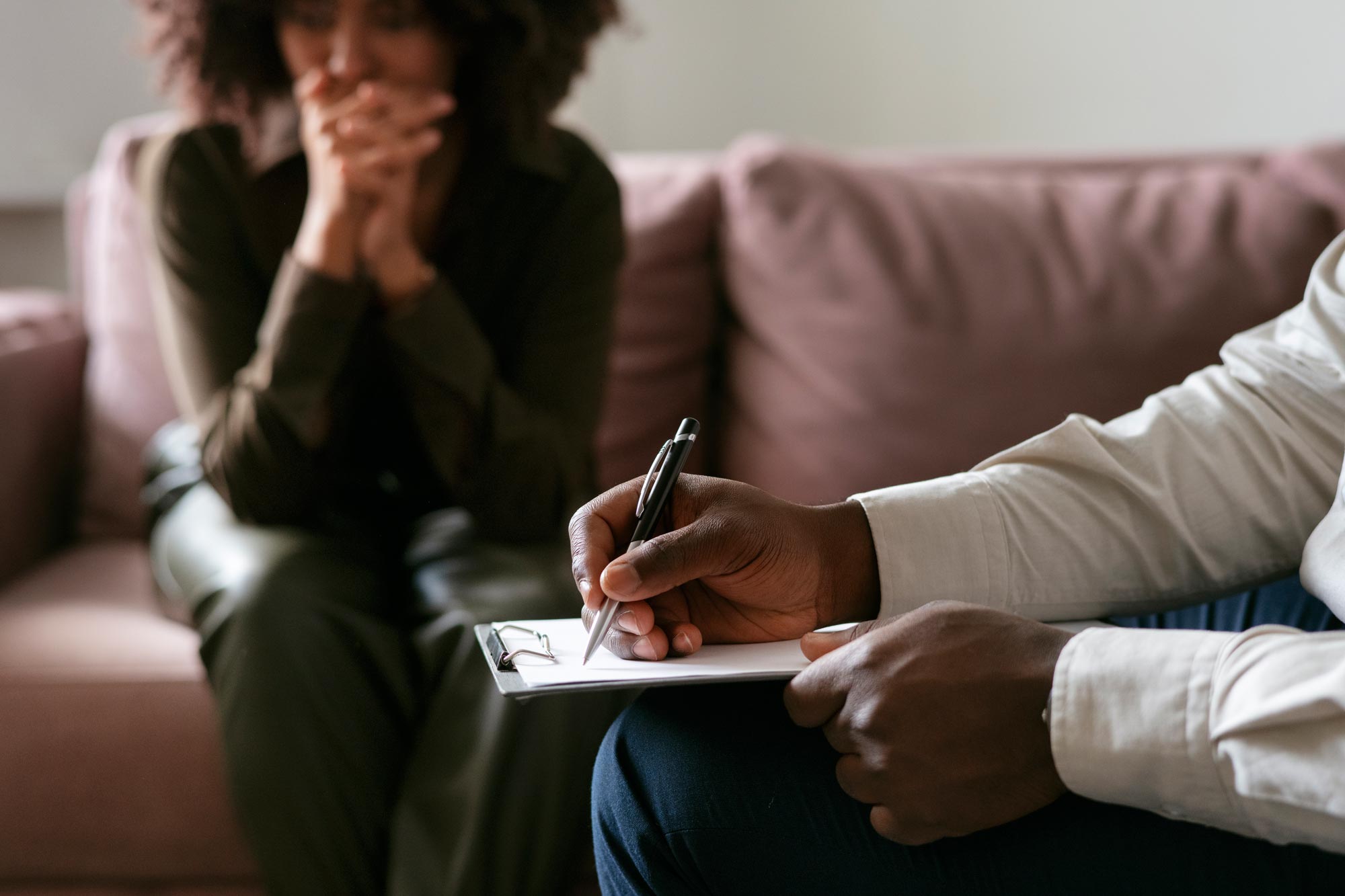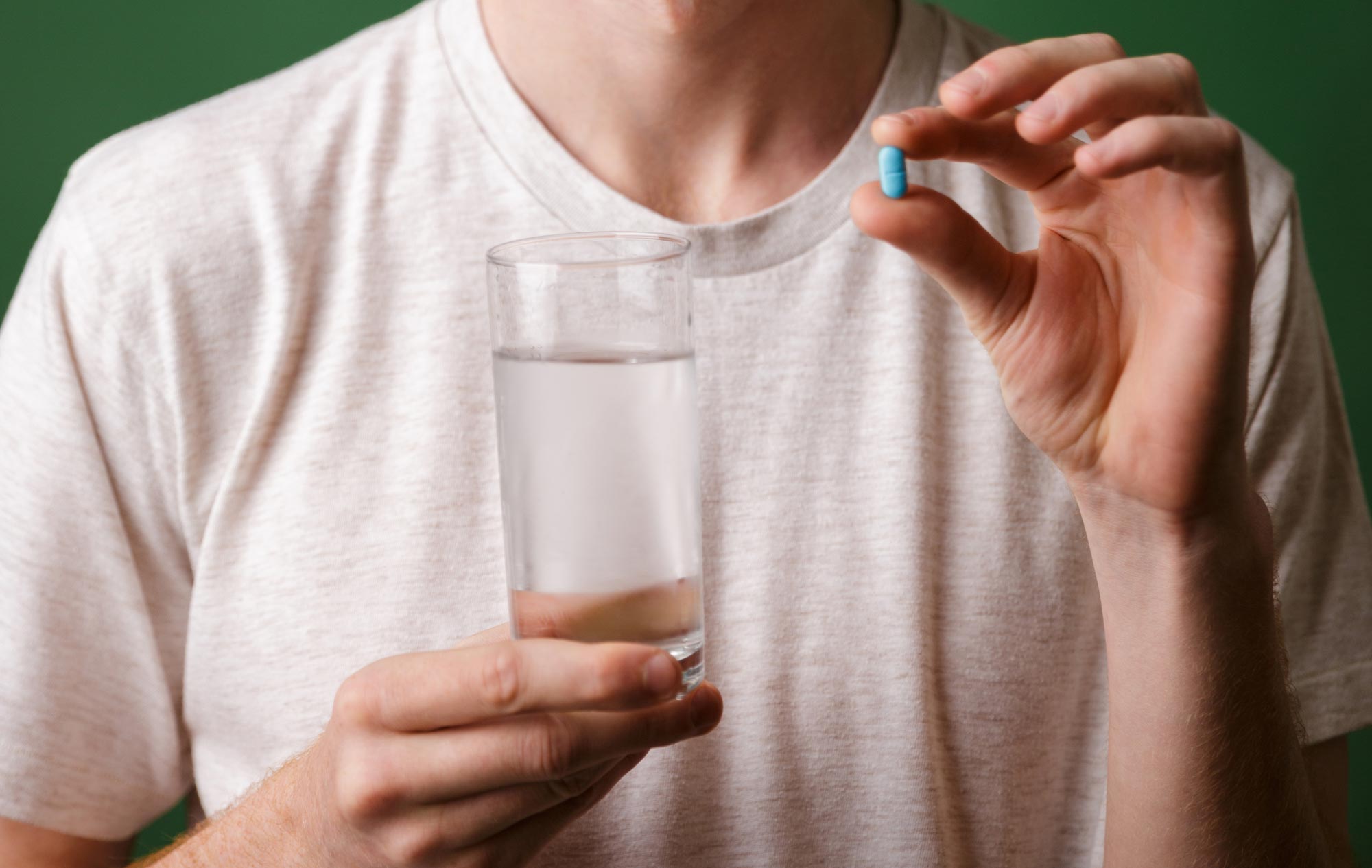Blog

By Dr. Aaron Ellington, PhD, LPCC-S, LICDC-CS
Managing mental health challenges can sometimes feel overwhelming. While professional therapy and medication are vital tools, many individuals benefit immensely from self-help techniques and programs that foster resilience, coping skills, and personal growth between sessions, or as a complement to formal care.
This blog explores a variety of evidence-informed self-help strategies and structured programs designed to support mental wellness and empower you on your healing journey. Plus, we’ve included some of the best-rated apps to help you get started.
1. Mindfulness and Meditation
What It Is
Mindfulness is the practice of paying purposeful, nonjudgmental attention to the present moment. Meditation often involves focused breathing, body scans, or guided imagery to cultivate this awareness.
Benefits
- Reduces symptoms of anxiety, depression, and stress
- Improves emotional regulation and attention
- Enhances overall well-being and resilience
How to Get Started
- Apps like Headspace, Calm, and Insight Timer offer beginner-friendly guided meditations
- Start with 5–10 minutes daily and gradually increase
- Join local meditation groups or online communities for support
2. Journaling
What It Is
Writing down thoughts, emotions, and experiences can clarify feelings, track patterns, and promote insight.
Benefits
- Helps process emotions and reduce rumination
- Enhances self-awareness and problem-solving
- Can serve as a creative outlet or gratitude practice
How to Get Started
- Set aside a few minutes each day or week
- Try prompts like “What am I feeling right now?” or “What am I grateful for today?”
- Use apps like Day One Journal or Journey for digital journaling
3. Physical Activity and Movement
What It Is
Regular exercise whether walking, yoga, dancing, or sports; supports both physical and mental health.
Benefits
- Releases endorphins that boost mood
- Reduces anxiety and depression symptoms
- Improves sleep and energy levels
How to Get Started
- Aim for at least 30 minutes of moderate activity most days
- Choose activities you enjoy to increase consistency
- Apps like Nike Training Club, 7 Minute Workout, and Down Dog Yoga offer guided workouts for all levels
4. Structured Self-Help Programs
What They Are
These programs provide step-by-step guidance based on cognitive-behavioral or other therapeutic principles, often in workbook or digital formats.
Popular Examples
- MoodGym: An interactive online CBT program for depression and anxiety
- SilverCloud Health: Offers digital CBT modules with optional therapist support
- MindShift CBT: An app focused on anxiety management using CBT tools
Benefits
- Accessible anytime, anywhere
- Provides evidence-based strategies
- Often low-cost or free, making mental health support more available
5. Peer Support Groups
What They Are
Groups led by people with lived experience of mental health conditions, offering mutual support and understanding.
Benefits
- Reduces feelings of isolation
- Provides practical coping tips from others who “get it”
- Encourages empowerment and hope
How to Get Started
- Look for local NAMI (National Alliance on Mental Illness) chapters or mental health nonprofits
- Explore online forums and support groups via platforms like 7 Cups or Facebook groups
- Attend virtual or in-person meetings as your comfort allows
6. Relaxation Techniques
What They Are
Methods such as deep breathing, progressive muscle relaxation, or guided imagery that help calm the nervous system.
Benefits
- Quickly reduces acute stress and anxiety
- Improves sleep quality
- Enhances emotional regulation skills
How to Get Started
- Apps like Breathe2Relax, Simply Being, and Calm include guided relaxation exercises
- Practice 5–10 minutes during stressful moments or before bed
- Learn techniques from reputable websites or therapists
7. Healthy Lifestyle Habits
What They Are
Basic habits that support overall mental health, including good nutrition, sleep hygiene, and limiting substances.
Benefits
- Stabilizes mood and energy
- Supports brain function and stress management
- Builds foundation for effective therapy and recovery
How to Get Started
- Aim for consistent sleep schedules and balanced meals
- Limit caffeine, alcohol, and avoid recreational drugs
- Apps like Sleep Cycle track and improve sleep quality
- Nutrition apps like MyFitnessPal help monitor eating habits
Combining Self-Help With Professional Care
While self-help strategies are powerful, they are most effective when paired with professional support, especially for moderate to severe mental health conditions. Therapists and doctors can tailor treatments and monitor progress while empowering you to use self-help tools confidently.
Final Thoughts
Taking charge of your mental health journey can be empowering and healing. By exploring and practicing these self-help techniques and programs, supported by helpful apps, you build resilience and create a toolkit to navigate life’s challenges more effectively.
Remember, progress is personal and non-linear; be patient and kind to yourself as you explore what works best for you.
Need Support? At Behavioral Health Services of Greater Cleveland, we integrate self-help tools with professional care to support your unique needs. Contact us today to learn more about our approach or to schedule an appointment. Behavioral Health Services of Greater Cleveland has two locations: Rocky River and Medina. Please call (866) 466-9591 ext. 0 for an intake.
Related Posts
Founded in 2008, BHSOGC has delivered professional Psychology Services to the greater Cleveland area with offices in Medina and Rocky River. We are a multi-disciplinary group practice with a clinical staff of psychologists, licensed social workers and masters level therapists.




